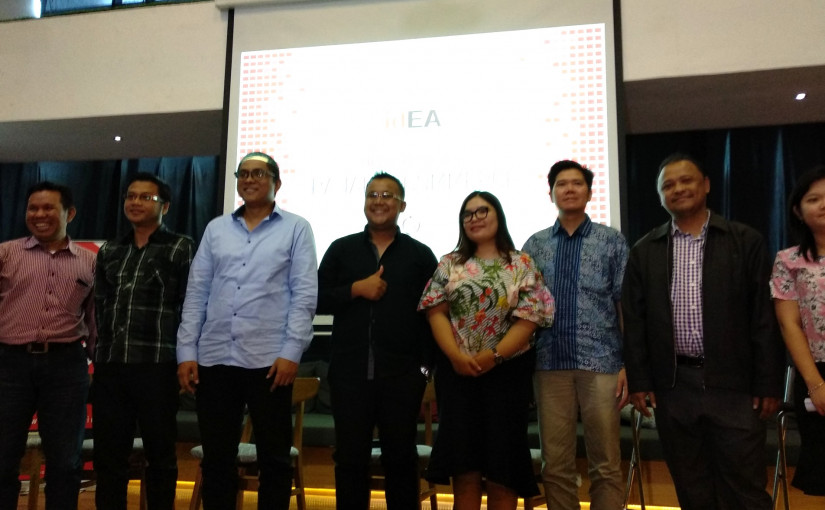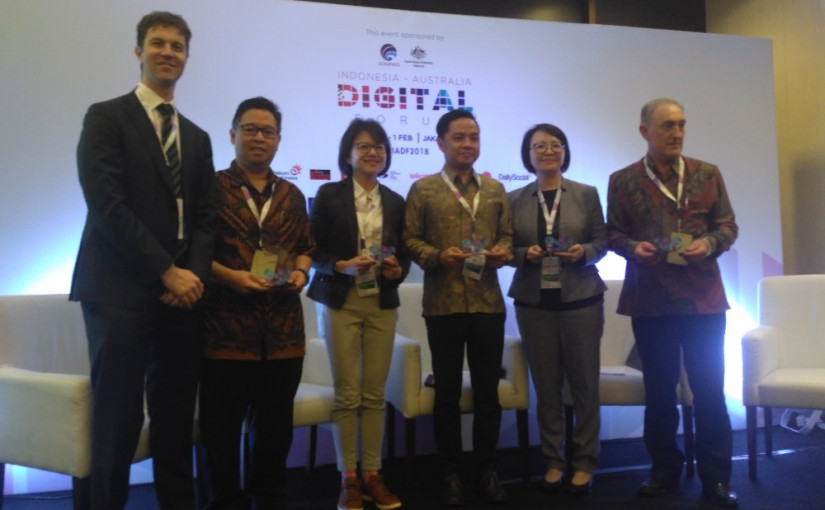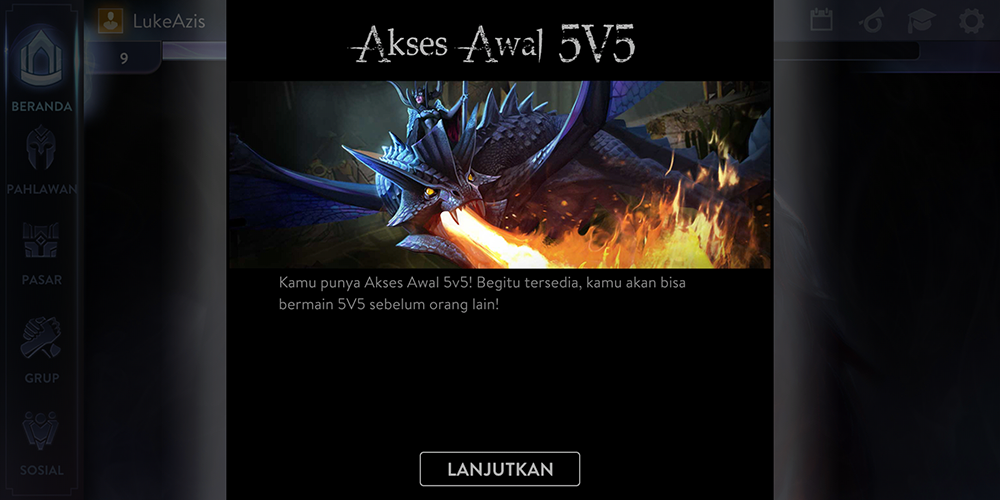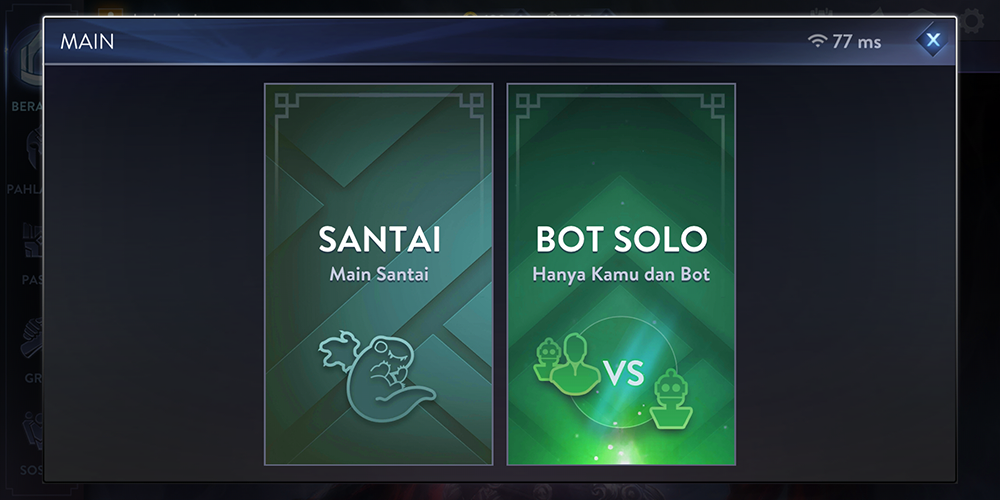Indonesia’s E-Commerce Association (idEA) demands Ministry of Finance act fairly regarding e-commerce tax regulation. It is expected to be applied in social media and other technology platforms of foreign companies.
Aulia E Marinto as idEA’s Chairman said on this matter, the government needs a clear vision of the fair treatment, including social media and other foreign platforms which presence is not even real in Indonesia.
Both platforms are making money out of Indonesia without having to pay any taxes. The distinct treatment is feared to make SME’s players left the marketplace and switch to social media.
“The regulation must be applied equally to create a balance,” said Marinto on Tuesday (1/30).
She admitted that the discussion on E-commerce tax regulation (RPMK) has been held several times by Directorate General of Taxation (DJP) and Fiscal Policy Agency (BKF) since last November.
However, the discussion is just a socialization of the taxation concept on e-commerce engaged in marketplace model, not the PMK Draft. Until recently, the association has not received any information regarding RPMK draft.
“We heard that the RMPK [Ministry of Finance Regulation (PMK) on the Tax Procedure for Electronic-based or e-commerce players] is getting released, but we have not received any draft. When it’s [draft] arrived, we can give further feedback.”
As idEA’s Head of Tax, Cybersecurity and Infrastructure, Bima Laga added that his team has heard the e-commerce regulation (PMK) will be issued at the end of this month or the beginning of February 2018.
“It [PMK] is said to be issued on January 31st or February 1st this year. Therefore, we demand public evaluation by holding this [press conference],” he explained.
He continued, demanding government’s guarantee to maintain level playing of field (same treatment), not only between online and offline SMEs but also among informal (social media) and formal (corporate) marketplace.
The marketplace is said to play a role in facilitating and assisting DJP to increase the number of new taxpayers, including tax deposits and online data transactions to the Central Bureau of Statistics (BPS).
“They are still looking for a way [citing tax from social media]. If there is no way, we’re ready to give inputs. Instead of issuing imbalance regulation, the price is not paid off,” he stated.
Selected as the taxpayer agent
In addition, the new regulation will require marketplace model as the taxpayer agent because it considered having implications for increasing compliance cost. As for Bima Laga, this regulation will take the marketplace at the burdened position to cut, deposit and report the final PPh.
The rise of compliance cost needs to get government’s attention because it can make a significant increase in taxpayer’s compliance. To fulfill the duty, the marketplace must prepare a number of infrastructures and additional cost.
To be illustrated, an SME’s seller from X marketplace is making a transaction worth Rp10 thousand. Whether he is not a Taxpayer Entrepreneur (PKP), there will be 0,5% tax cut. It will be reported and counted by the marketplace. What if there are issues with returns and others?
In this case, SME’s player of the marketplace will bear all risks. Whether the marketplace as a corporate, there will be no issue. It will be diverted to the seller.
“Marketplace initially used as wapu (compulsory collection) until finally become the tax agent. We are now collecting data and DJP function is our burden. There are lots of technical rules in being taxpayer agent, we do pity the sellers,” he said.
–
Original article is in Indonesian, translated by Kristin Siagian






















